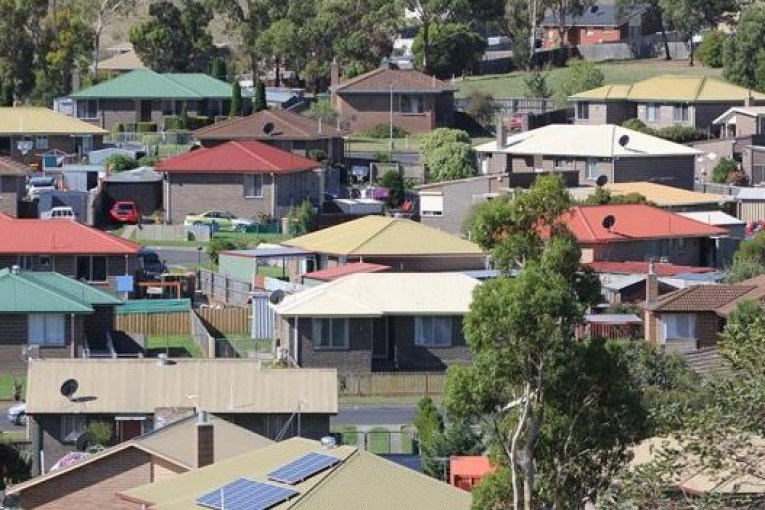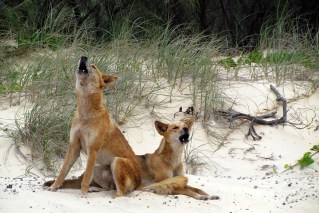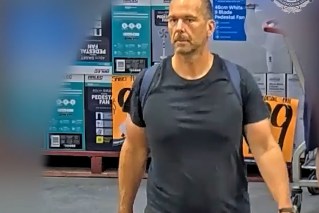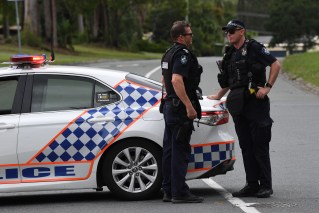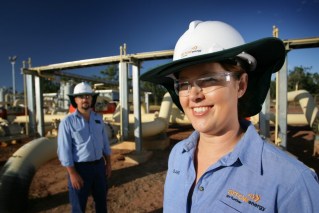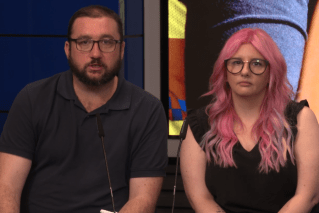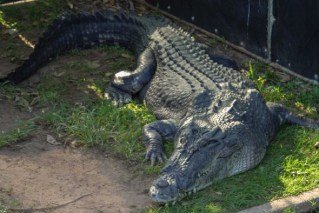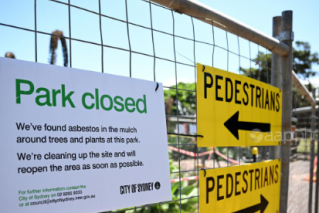Quick study: Educators move smartly to increase learning by degrees
Two educational institutions of Queensland want students of disadvantaged backgrounds to have a shot at a place in their ranks, with one prepared to match big donated funds to reach its goal.

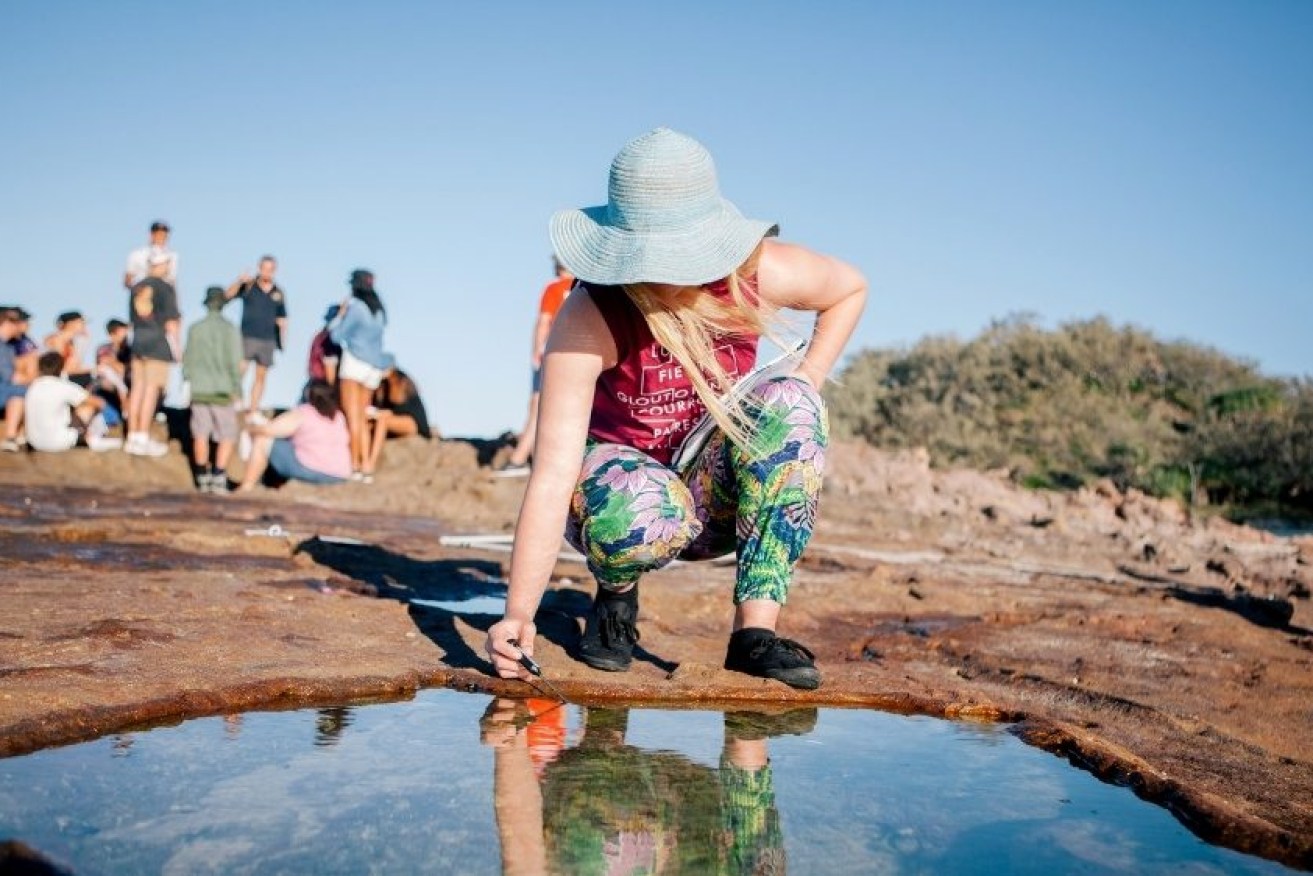
The University of Queensland wants to increase student diversity by offering more endowed scholarships.(Photo: Supplied).
The University of Queensland has thrown out the challenge to big financial donors to match committed donations of more than $50,000 for a special endowed scholarship fund.
Talk out of the university’s executive office at St Lucia suggests the goal is to raise $1 billion by 2032 to support students experiencing financial hardship from rural, remote or low socio-economic backgrounds.
At nearby Brisbane Boys’ College (BBC) at Toowong, a First Nations Bursary program supported by the Commonwealth Bank has been launched.
Beginning in 2023, up to 10 First Nations students from regional and remote communities in Australia will begin boarding school at BBC as recipients of the bursaries which will provide for the duration of their education at BBC.
As part of the program, the school will employ a dedicated Indigenous program manager to provide cultural support as the students progress in their studies.
Students will also receive mentoring from CBA staff, have the opportunity to complete work experience at the bank and gain a nationally recognised certification.
The designers of both programs say education is a critical pathway to disrupting disadvantage.
“By growing UQ’s endowment fund, we can play our role in helping to create long-term solutions for educational inequality in Queensland,” UQ vice-chancellor and president, Professor Deborah Terry, said.
“Together with our community, we can raise the funds needed to provide a scholarship to Queensland students who earn their place at UQ but may not be able to afford to leave home, or pay relocation, tuition or living costs.”
BBC principal Andre Casson said the school’s bursary was designed to be a “lifecycle program”.
“It doesn’t stop when recipients leave BBC but continues to support tertiary studies or employment with CBA,” Casson said.
“It integrates an education as the key and first step which opens many doors.”
Terry said UQ’s matched commitment would be a “compelling incentive” for organisations and individuals with a shared vision for equitable access to education to partner with UQ.
“While the proportion of Australians aged 25 to 34 with a bachelor’s degree has climbed from 32 per cent to 43.5 per cent over the past 13 years, the opportunities have not been spread evenly across our society,” Terry said.
“National data shows only minor gains for participation of students from lower socio- economic backgrounds at university, increasing from 15 per cent to 17 per cent, and for Indigenous Australians, it is just 10 per cent.”
Terry said she was determined to see children from across Queensland, with diverse backgrounds and interests, make up the university’s ‘class of 2032’.
“We’re taking action now to support their futures, and to make our state stronger,” she said.
“We want to help break down the barriers to higher education for Queenslanders today and for generations to come.”
